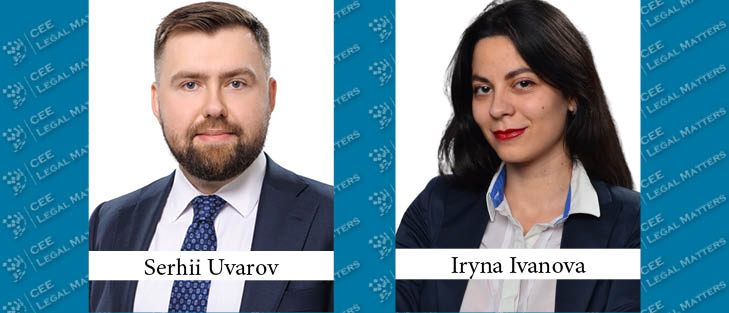On 15 August 2024, the Hague District Court issued a decision in the ongoing legal dispute between Gazprom International Limited (hereinafter – “Gazprom”) and Asset Management Company Slavutych-Invest (hereinafter – “Slavutych”).
This decision provides some hope as to potential avenues for recovery of losses suffered by Ukrainian victims due to the Russian aggression. At the same time, it also brings to light some problematic questions which the Ukrainian claimants who seek to enforce Ukrainian court decisions against Russia abroad, will likely face.
Slavutych is a Ukrainian company, which held certain assets (land plots) in the territory of Ukraine that was occupied by Russia after 24 February 2022. In 2023, Slavutych brought the claim to the Ukrainian court against Russia seeking compensation for the lost assets (the “First Proceedings”). The claim was granted, and Russia was ordered to compensate to Slavutych UAH 439 mln (approximately USD 15 mln) for the unlawful infringement of Slavutych’s property rights.
In 2024, Slavutych commenced new proceedings before the Ukrainian court (inter alia, relying on the judgment in the First Proceedings) against Gazprom and certain its affiliates seeking to hold them liable for the same loss as alter egos of Russia (the “Second Proceedings”). In support of the Second Proceedings, Slavutych obtained conservatory attachment in the Netherlands, by seizing Gazprom’s shares in Wintershall Noordzee B.V., a Dutch entity. Quite unsurprisingly, Gazprom sought to set aside the attachment. It is on this challenge that the Hague District Court issued its decision that is a subject of this note.
Gazprom’s objections to the conservatory attachment were based on several arguments, including that the attachment had lapsed by operation of law, did not meet international treaty requirements, and violated public policy and procedural fairness principles. Gazprom also alleged that Ukrainian court decisions against it could not be enforced in the Netherlands due to protections under an investment treaty between the Netherlands and the former USSR, and that the Russian Federation enjoys state immunity. The court dismissed all of Gazprom’s arguments.
It ruled that the attachment had not expired. The court found no indication that Slavutych had deliberately withheld relevant information and deemed the choice to attach Wintershall shares reasonable.
Furthermore, the court concluded that the treaty on recognition and enforcement of court decisions between the Netherlands and Ukraine, effective from 1 September 2023, was applicable, and that the Second Proceedings in Ukraine could generally result in a judgment that would be enforceable in the Netherlands. As to Gazprom’s allegations on the lack of due process, the court noted that Slavutych had made sufficient efforts to notify Gazprom of the proceedings, and there was no evidence to suggest that the Ukrainian court could not provide a fair trial.
As regards the most complex questions of whether Gazprom can be held liable as alter ego of Russia, and on the sovereign immunity defence, the court found – based on the evidence made available to it by the parties – that the arguments of Slavutych have at least a reasonable chance of success. However, the court did not provide a conclusive analysis on these points, having noted that they will need to be resolved during recognition and enforcement of the Ukrainian judgment in the Netherlands (not at the stage of conservatory attachment review).
Notably, the Second Proceedings have already been concluded in Ukraine resulting in the judgment in favour of Slavutych. It appears likely that this judgment will soon be submitted for recognition and enforcement in the Netherlands.
Conclusion
This important judgment of the Hague District Court highlights the uncertainties which may arise in foreign courts while enforcing the judgments of Ukrainian courts against the russian federation and its alter egos. Although the court in this case conducted the preliminary examination of the matter, it has yet to provide definitive answers to a number of pertinent questions related to the state immunity and piercing of the corporate veil.
By Serhii Uvarov, Partner, and Iryna Ivanova, Associate, Integrites




